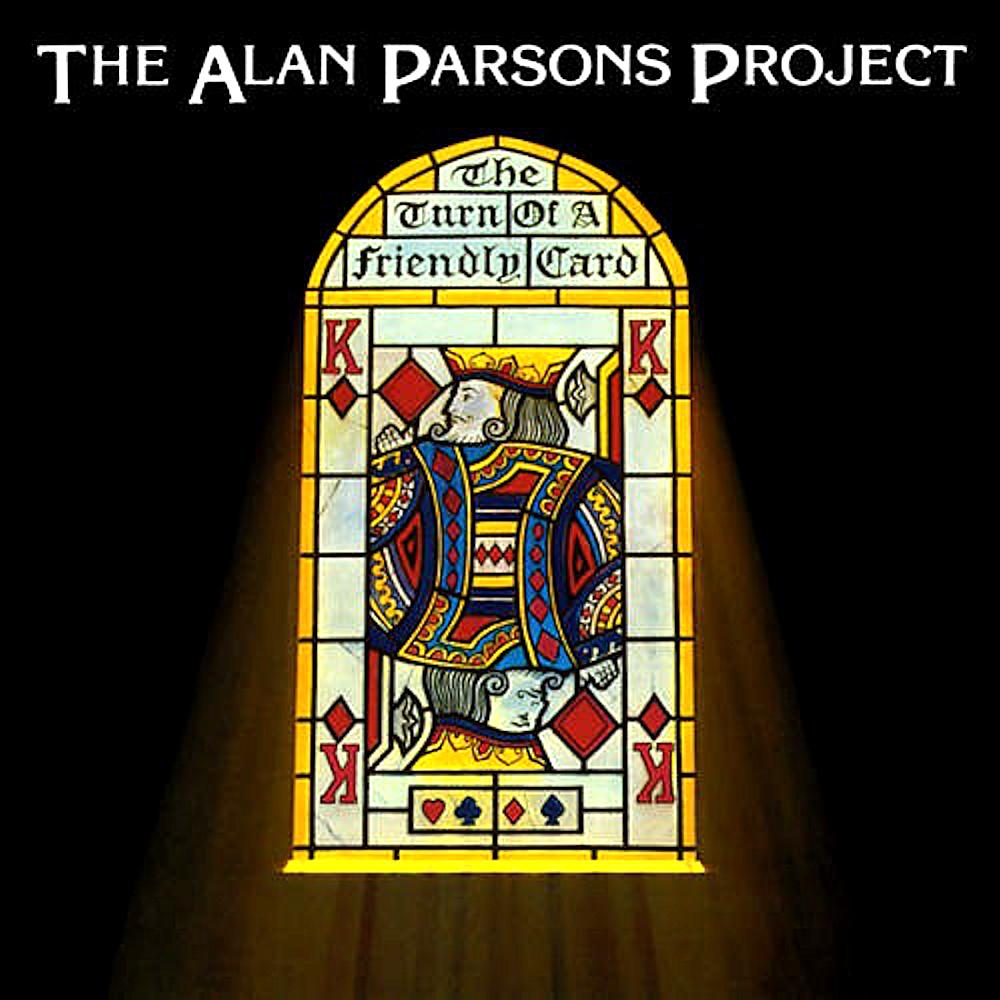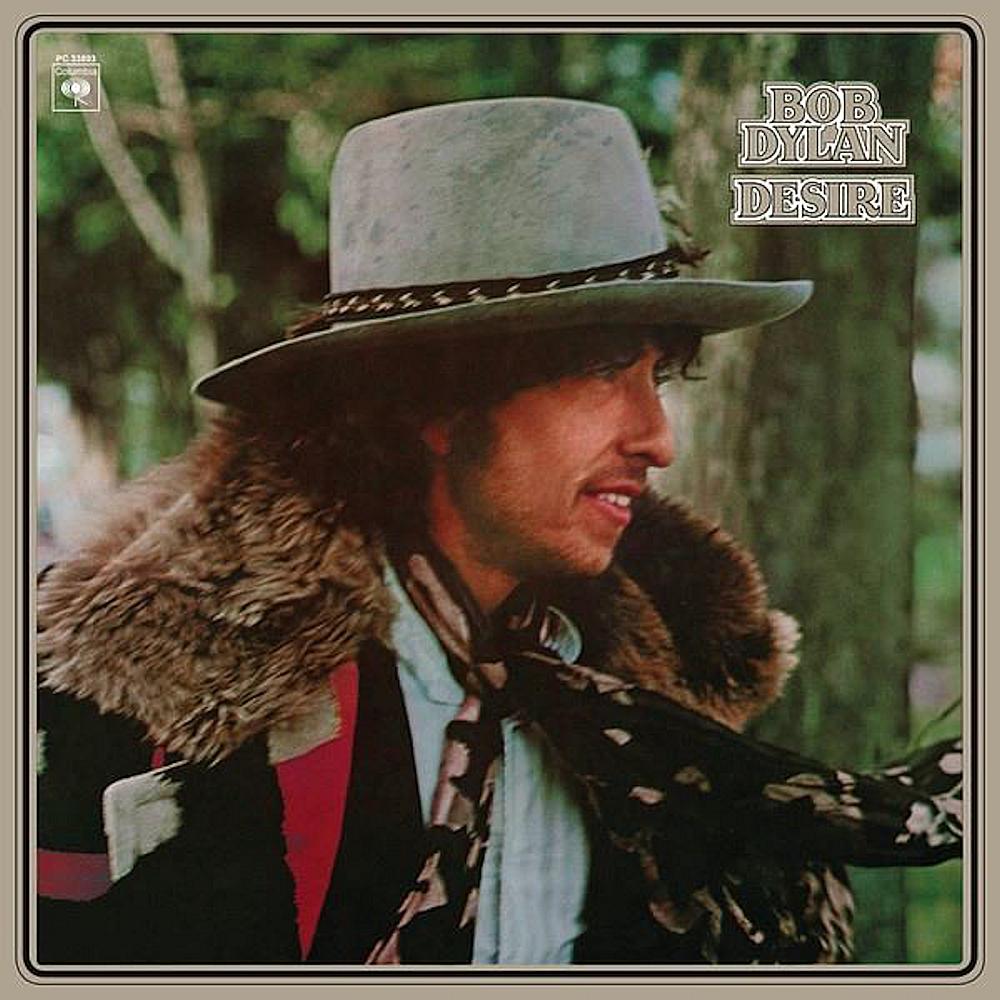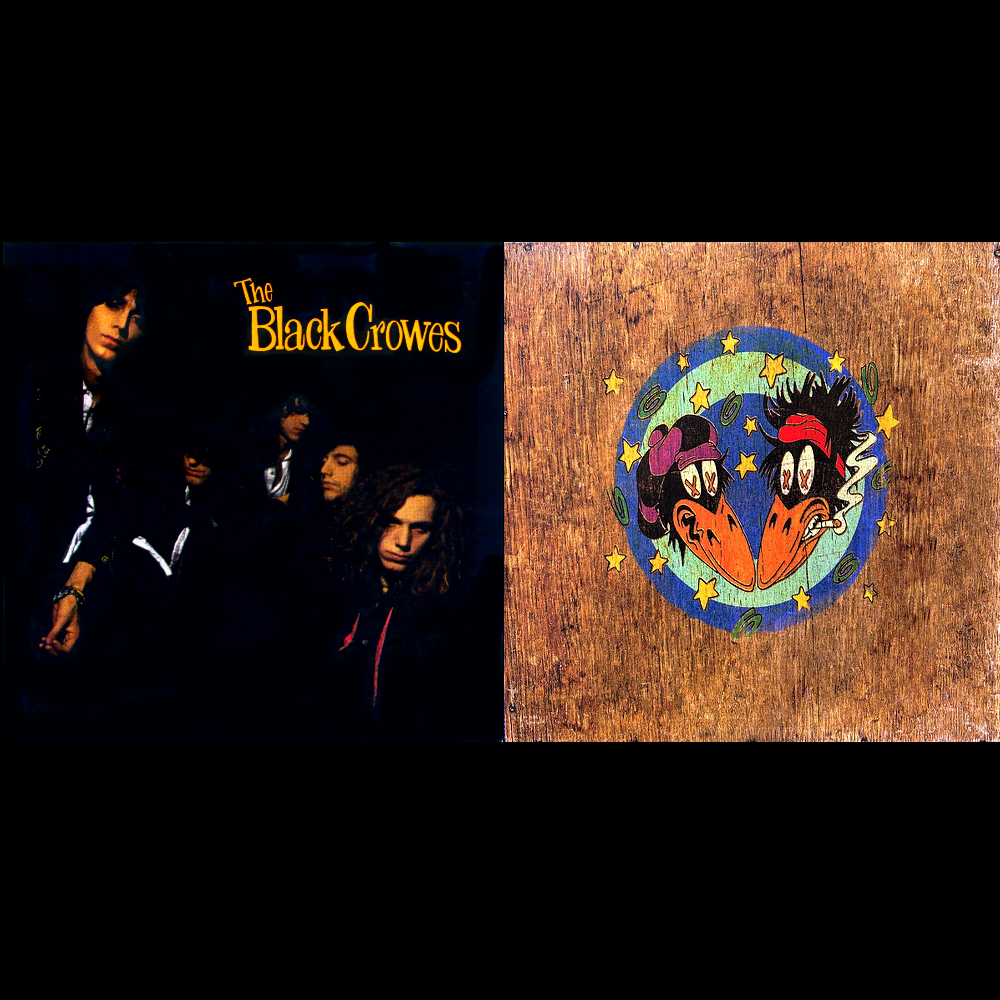
Album Information:
Album ID: 9947
About The Alan Parsons Project:
The Alan Parsons Project was a British progressive rock band founded by producer and engineer Alan Parsons and songwriter Eric Woolfson in 1975. The band was known for its unique blend of pop rock with classical and acoustic elements, and its philosophical and conceptual themes.
Alan Parsons began his musical career as a recording engineer in the late 1960s and early 1970s, working with legendary rock bands such as The Beatles and Pink Floyd. In 1974, he met Eric Woolfson, a songwriter and musician who had been working in advertising. The two decided to form a band that would fuse Woolfson's songwriting with Parsons' production skills.
The first album released by The Alan Parsons Project was 'Tales of Mystery and Imagination' in 1976, which was based on the works of Edgar Allan Poe. The album featured a number of guest musicians, including John Miles and Terry Sylvester, and was a critical and commercial success.
The band's second album, 'I Robot' (1977), was a concept album based on Isaac Asimov's sci-fi novel of the same name. It included the hit singles 'I Wouldn't Want To Be Like You' and 'Don't Let It Show,' and cemented the band's place in the pop rock scene.
Throughout the late 1970s and early 1980s, The Alan Parsons Project released a number of successful albums including 'Pyramid' (1978), 'The Turn of a Friendly Card' (1980), and 'Eye in the Sky' (1982). These albums showcased the band's ability to seamlessly blend different musical styles and featured popular singles such as 'Sirius' (which became the theme song for NBA team the Chicago Bulls) and 'Eye in the Sky'.
In the mid-1980s, however, the band's popularity declined as musical tastes shifted, and they disbanded in 1990. Parsons continued to work as a producer and engineer, while Woolfson went on to write musicals.
Overall, The Alan Parsons Project was a highly influential band, particularly in the realm of progressive rock. Their combination of classical instrumentation, philosophical lyrics, and pop sensibilities was unique for its time and continues to inspire musicians to this day.
About the album The Turn Of A Friendly Card:
The Turn of a Friendly Card is the fifth studio album by the British progressive rock band The Alan Parsons Project. The album was released in 1980 and features a concept based on gambling and its psychological and emotional effects.
The album opens with the title track, “The Turn of a Friendly Card (Part One),” featuring a catchy melody played on synthesized bells. The lyrics describe a gambler's luck turning and the progression of his thoughts and feelings as he places bets.
The next track, “Snake Eyes,” features a more rock-influenced sound with a driving rhythm and electric guitar riffs. The lyrics describe the thrill of gambling and the adrenaline rush of winning, but also the danger of addiction.
“Magic” is a slower ballad with a dreamy and atmospheric sound. The lyrics describe a woman manipulating a man through her beauty and seductive charm, comparing her abilities to magic.
“Games People Play” is an upbeat pop song with a catchy melody and harmonized vocals. The lyrics describe the common games people play in relationships and how they can lead to misunderstandings and conflicts.
“The Ace of Swords” is a short instrumental interlude with a dramatic and intense sound, featuring synthesizers and an electric guitar solo.
“Nothing Left to Lose” is a slow ballad with a haunting sound and emotional lyrics. The song expresses the desperation and hopelessness of a gambler who has lost everything and has “nothing left to lose.”
The album concludes with “The Turn of a Friendly Card (Part Two),” a reprise of the opening track that continues the story of the gambler. The track features a more orchestral and cinematic sound and ends the album on a dramatic note.
Overall, The Turn of a Friendly Card is a well-crafted and cohesive album with a unique concept. The music combines elements of progressive rock, pop, and electronic music, creating a sound that is both accessible and original. The lyrics explore themes of addiction, temptation, and the games we play in life, making the album both thought-provoking and entertaining.
Members:
The Alan Parsons Project was a British progressive rock band formed in 1975. The band consisted of several key members, each with their own unique contribution to the group's sound. Here are the key members of The Alan Parsons Project, along with their biographies:
1. Alan Parsons - Alan Parsons is a British audio engineer, songwriter, and musician who was the co-founder of The Alan Parsons Project. He began his career working as an assistant engineer at Abbey Road Studios, where he worked on several Beatles albums. He later worked on Pink Floyd's iconic album 'The Dark Side of the Moon', which helped establish his reputation as a top audio engineer. Along with fellow producer Eric Woolfson, he formed The Alan Parsons Project in 1975.
2. Eric Woolfson - Eric Woolfson was a Scottish songwriter, pianist, and co-founder of The Alan Parsons Project. He had a successful career as a songwriter before founding the band, having written hits for artists such as Frank Ifield, Marianne Faithfull, and The Tremeloes. He met Alan Parsons in the early 1970s and the two began working together, leading to the formation of The Alan Parsons Project.
3. Ian Bairnson - Ian Bairnson is a Scottish guitarist who was a member of The Alan Parsons Project from 1976 to 1990. He was known for his melodic and atmospheric guitar playing, which helped define the band's sound. He has also worked as a session musician for other artists, including Kate Bush, Elton John, and Phil Collins.
4. David Paton - David Paton is a Scottish singer, songwriter, and guitarist who was a member of The Alan Parsons Project from 1976 to 1990. He contributed vocals and guitar to many of the band's songs, including the hit single 'Eye in the Sky'. He has also played with several other notable musicians, including Elton John, Kate Bush, and The Bay City Rollers.
5. Stuart Elliott - Stuart Elliott is an English drummer who was a member of The Alan Parsons Project from 1976 to 1990. He provided the band's rhythmic foundation and was known for his precise and creative drumming. He has also worked as a session musician for other artists, including Nick Heyward and China Crisis.
6. Chris Rainbow - Chris Rainbow was a Scottish singer and songwriter who contributed vocals to several of The Alan Parsons Project's albums. He had a successful solo career before joining the band, releasing several albums and touring extensively. He passed away in 2015 at the age of 68.
7. Lenny Zakatek - Lenny Zakatek is an English singer who provided vocals for several of The Alan Parsons Project's albums. He was known for his soulful and expressive singing style, which helped bring a dynamic energy to the band's music. He has also worked with other notable musicians, including The Who and Roger Waters.
8. Colin Blunstone - Colin Blunstone is an English singer and songwriter who contributed vocals to several of The Alan Parsons Project's albums. He had a successful solo career before joining the band, having been the lead singer of the Zombies. He has also worked with other notable musicians, including Dave Stewart, Tracey Thorn, and Nick Mason.
Track List for The Turn Of A Friendly Card:
1. 'May Be a Price to Pay' - 4:53
The opening track of the album begins with a haunting orchestral introduction before breaking into a driving rhythm. The lyrics suggest that success may come at a cost and that one may have to pay a price to reach their goals.
2. 'Games People Play' - 4:21
A catchy and upbeat song that features a memorable guitar riff and the use of a brass section. The lyrics refer to the ways in which people manipulate and deceive each other in order to gain an advantage.
3. 'Time' - 5:05
One of the most popular tracks on the album, 'Time' features beautiful piano melodies and emotional vocals. The lyrics reflect on the fleeting nature of time and the importance of making the most of the present moment.
4. 'I Don't Wanna Go Home' - 4:54
This song has a bluesy feel with a prominent use of electric guitar. The lyrics describe the feeling of reluctance to leave a place or situation that one is enjoying.
5. 'The Gold Bug' - 4:32
Based on the short story by Edgar Allan Poe of the same name, this track uses electronic sound effects and synthesizers to create a futuristic and otherworldly atmosphere.
6. 'The Turn of a Friendly Card' - 16:23
The longest track on the album, 'The Turn of a Friendly Card' is a suite composed of five separate sections that flow together seamlessly. The lyrics tell the story of a man who becomes addicted to gambling and ultimately loses everything. The musical arrangement features a variety of instruments, including piano, guitar, synthesizers, and orchestral elements.
Discography for The Alan Parsons Project:
Here is the complete discography for The Alan Parsons Project in chronological order, including all albums, singles, and other releases with their respective release dates:
Albums:
1. Tales of Mystery and Imagination - Edgar Allan Poe (1976)
2. I Robot (1977)
3. Pyramid (1978)
4. Eve (1979)
5. The Turn of a Friendly Card (1980)
6. Eye in the Sky (1982)
7. Ammonia Avenue (1984)
8. Vulture Culture (1985)
9. Stereotomy (1986)
10. Gaudi (1987)
Singles:
1. '(The System of) Doctor Tarr and Professor Fether' (1976)
2. 'I Wouldn't Want to Be Like You' (1977)
3. 'Don't Let it Show' (1977)
4. 'Games People Play' (1980)
5. 'Time' (1981)
6. 'Eye in the Sky' (1982)
7. 'Psychobabble' (1982)
8. 'You Don't Believe' (1982)
9. 'Prime Time' (1984)
10. 'Let's Talk About Me' (1985)
11. 'Days Are Numbers (The Traveller)' (1985)
12. 'Stereotomy' (1986)
13. 'Standing on Higher Ground' (1987)
Other Releases:
1. The Alan Parsons Project EP (1979)
2. The Best of The Alan Parsons Project (1983)
3. The Instrumental Works (1988)
4. Eye 2 Eye: Live in Madrid (1999)
5. The Essential Alan Parsons Project (2007)
6. The Complete Albums Collection (2014)
Note: There were also various reissues and compilations released over the years.


 Last Played: 11/01/24 08:25 AM
Last Played: 11/01/24 08:25 AM Last Played: 11/01/24 08:20 AM
Last Played: 11/01/24 08:20 AM